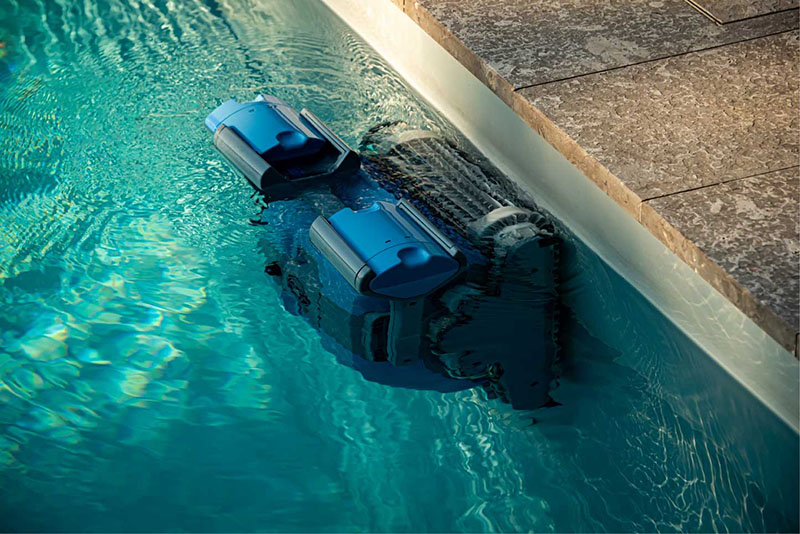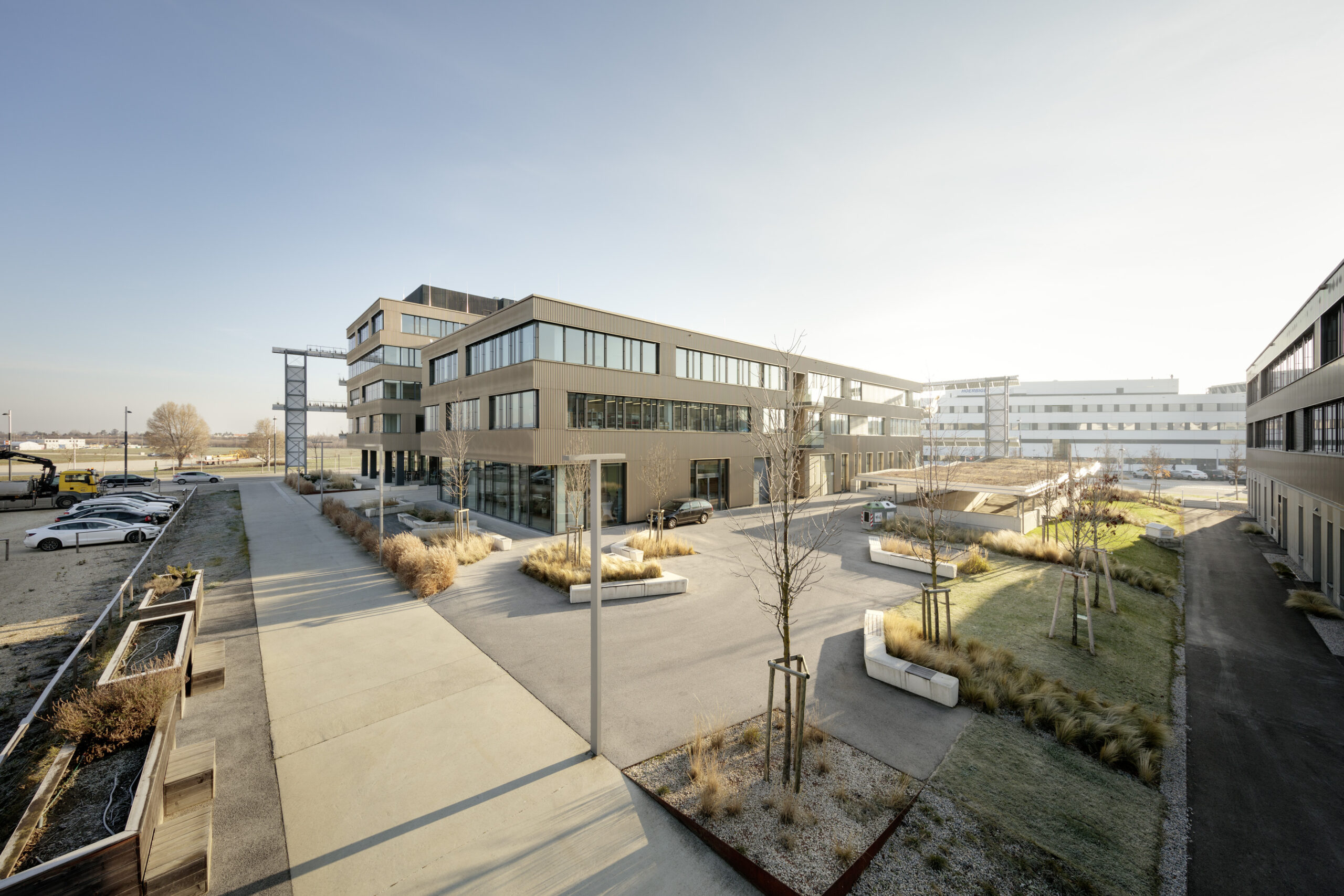
An ever-growing variety of applications in sectors such as industrial automation, agriculture and horticulture, construction, retail intralogistics, and hospitality, make use of autonomous mobile robots (AMR) to both overcome labor shortages and improve operational efficiency.
Typical AMR devices include self-driving forklifts and robots for delivering goods, cleaning and lawn mowing.
While stationary solutions with automated line-guided vehicles (AGV) are limited to static environments and require long-term infrastructure planning, AMRs make it possible to optimize entire logistics workflow because they are not limited to dedicated operational segments.
Unlike AGVs, AMRs make autonomous decisions. They move through their environment without predefined paths and without being controlled by an operator.
Relying on high resolution cameras such as structured-light RGBD and Time-of-Flight (ToF) cameras that provide registered depth and intensity images at a high frame rate, along with AI algorithms for data fusion and object detection, to name but a few components, AMRs detect obstacles and avoid collisions while efficiently executing their mission.
Modern technologies for Simultaneous Localization and Mapping use 2D or 3D Lidars (Lidar SLAM) or cameras (Vision SLAM).
Whenever digital solutions are used, cybersecurity must be given the utmost attention. Measures such as data encryption, device authentication and secure network protocols prevent unauthorized access to, and misuse of, the robot.
The design of reliable processing modules with the necessary computing power is the key to ensuring proper AMR operation.
In particular, the following requirements must be considered:
CHERRY Embedded Solutions’ industrial-grade modules have all the necessary components included on a single board, such as CPU, GPU, NPU, memory, storage, and I/O interfaces. The ARM-based System-on-Chips (SOC) from Rockchip feature low power consumption for high-performance tasks. An EAL6+ certified secure element ensures the required security level and asset protection.
The modules are available in two types:
System-on-Modules are based on the Qseven form factors. The functional scope of a module can be configured for a specific use case to make full use of cost advantages. This includes both the software with the Board Support Package (BSP) and hardware components such as memory and I/O interfaces. A comprehensive evaluation kit allows software development to begin before the robot’s hardware design is complete, enabling a short time to market.
Single-Board Computers are the perfect choice for mass production because their design is cost-optimized. SBCs come along with system design services that significantly shorten the product development cycle and Board Support Packages (BSP) that are optimally configured to the hardware. All modules run on Linux, supported by Debian, Yocto and Buildroot.
Looking for use cases?
English:
German:

Right in the very heart of Europe, in the Austrian capital of Vienna, we are committed to high-quality products and sustainable manufacturing.
With inherent security in mind, CHERRY Embedded Solutions is certified according to the Common Criteria for Information Technology Security Evaluation (ISO/IEC 15408).
From concept and design to hardware and software development, parts purchasing and manufacturing: The expertise and speed of our technical support makes us your one-stop-shop for industrial-grade intelligent modules.
To get you up and running as quickly as possible, we have lead times that can be as short as two weeks.
Our production capabilities range from small batches to high volume production runs, i.e., from 10 to over 100,000 modules.
We guarantee module availability for up to ten years by ensuring that discontinued parts are replaced with those of an identical form, fit and function.
The challenge CHERRY Embedded Solutions meets is not only to build smart modules, but also to design, develop and manufacture the brain of AMRs that is also reliable, robust, and secure.